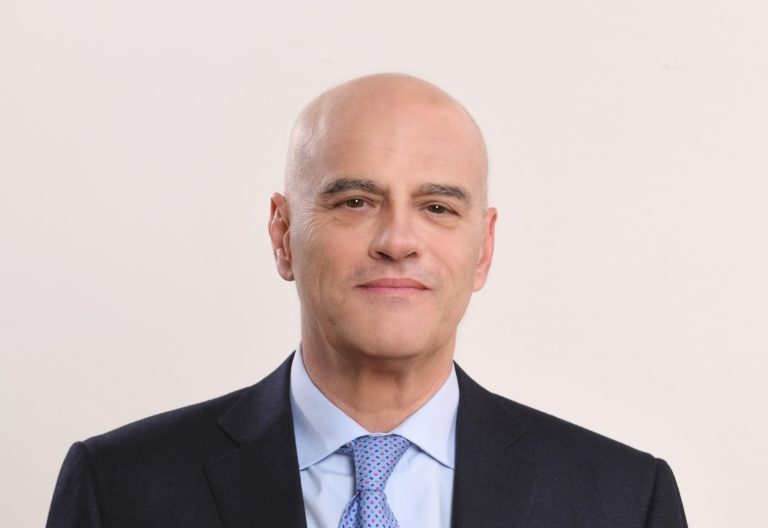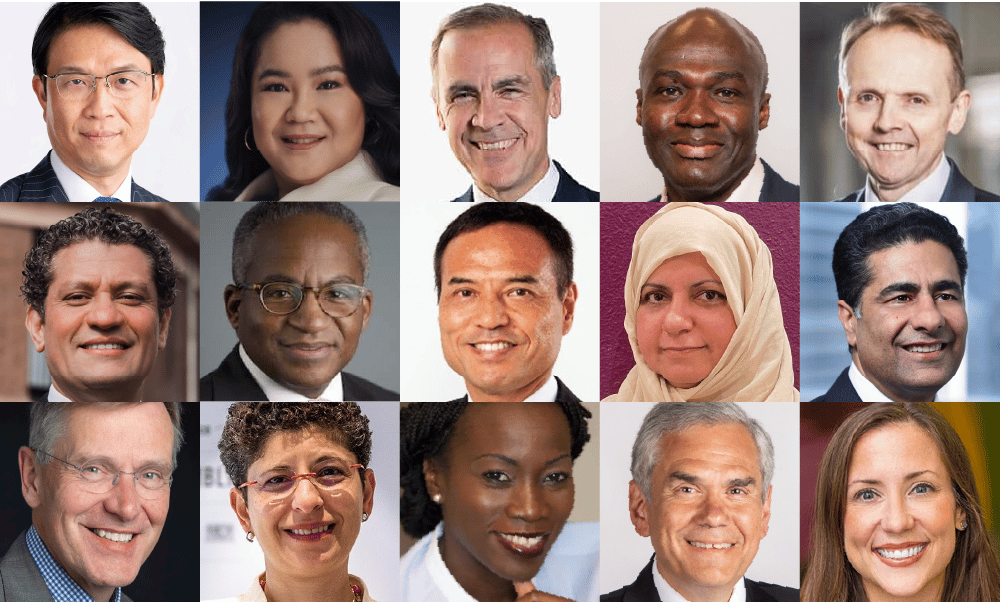Eni is a global energy company, active at every stage of the value chain: from natural gas and oil to co-generated electricity and renewables, including traditional and biorefining and chemicals. It operates at all levels of the market, right down to the end-user. By 2050, all Eni’s products and processes will be fully decarbonized, thanks in part to CO₂ capture and storage initiatives as well as forest conservation projects (REDD+ initiatives).
Purpose
We are an energy company. We concretely support a just energy transition, with the objective of preserving our planet and promoting efficient and sustainable access to energy for all. Our work is based on passion and innovation, our unique strengths and skills, the equal dignity of each person, recognizing diversity as a key value for human development, and the responsibility, integrity, and transparency of our actions. We believe in the value of long-term partnerships with the countries and communities where we operate, bringing long-lasting prosperity for all.


